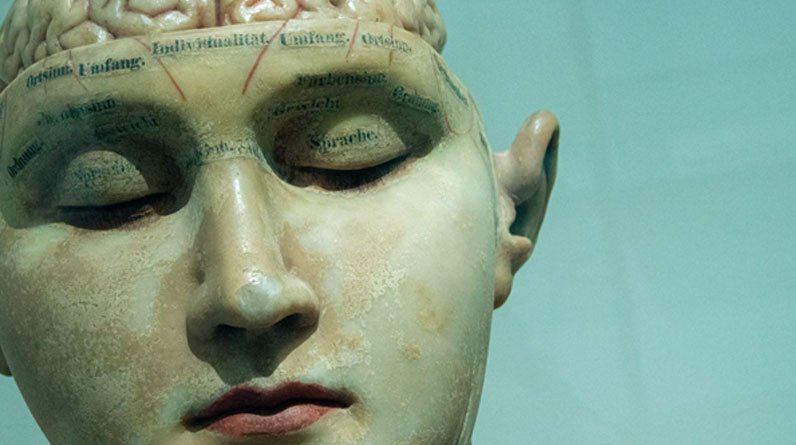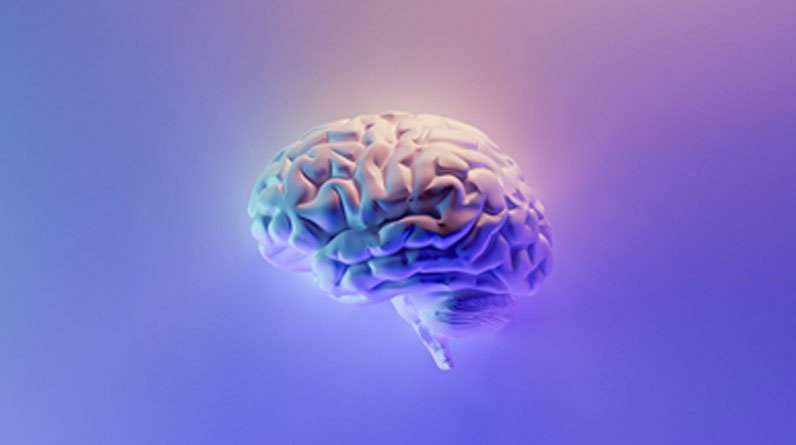
Alzheimer’s Disease
Alzheimer’s disease is a progressive condition that gradually decreases the amount of brain area available for cognitive function. It is a condition in which the build-up of plaques in the brain tissue causes neurons to be unable to perform usual functions. The neurons can’t communicate with other areas, and they begin to die. All of this results in significant memory loss.
As the brain cells begin to die, complications arise. Afflicted persons with this disease become unable to perform functions of daily life. They are unable to function independently, and they can develop poor nutrition or even dehydration as the disease. If these conditions are not managed by outside help, they can lead to death.
Early signs of Alzheimer’s disease include forgetfulness, and as the disease worsens, people show signs of severe memory loss.
Although the prognosis isn’t good, there are medications that can slow the progression of the disease and temporarily improve the symptoms. There are also various programs and services to help those diagnosed with Alzheimer’s, as well as their caregivers.
Let’s look at this disease in more detail.
Alzheimer’s Disease: Facts
Here are some facts about Alzheimer’s disease:
- It’s a chronic condition.
- Symptoms start gradually and progress slowly.
- There’s no cure, but treatment may improve quality of life.
- Persons over 65 are at higher risk, and even more so if they have a family history of Alzheimer’s.
- The prognosis isn’t the same for everyone—some people with Alzheimer’s live a long time with only mild cognitive impairment, while the disease progresses much faster for others.
- Alzheimer’s and dementia aren’t the same thing, although Alzheimer’s is a form of dementia.
The Symptoms of Alzheimer’s
Memory loss is the primary symptom of this disease. It starts with forgetting recent events or conversations and slowly progresses to more severe memory impairment.
In the beginning, you may realize that you’re having a tough time remembering things and organizing your thoughts. But as your symptoms get worse, family members and friends are more likely to notice the deterioration.
The following cognitive changes are seen in those afflicted by Alzheimer’s:
Memory – Everyone struggles with memory at some point or another. The memory loss associated with Alzheimer’s, however, is persistent and gets worse with time.
Alzheimer’s sufferers:
- Repeat the same thing over and over.
- Forget appointments and events.
- Misplace things or put them in absurd places.
- Get lost.
- Forget names of even the closest family members and friends.
- Have trouble expressing thoughts.
- Forget words.
Thinking and Reasoning
Loss of brain cells will lead to difficulty with concentration. This is especially true when it comes to abstract concepts.
People with Alzheimer’s disease will find it challenging to manage finances and pay bills. Eventually, it will be impossible to recognize or deal with numbers at all.
Making Decisions
With Alzheimer’s, the ability to make daily decisions and apply judgment is impaired. Wearing inappropriate clothing to a social gathering, for example, is a common thing seen in patients with Alzheimer’s. Responding to everyday problems may also be more challenging.
Planning
Activities that need to be approached in sequence will become harder and harder as time goes by. Planning, cooking, playing a board game, even if done daily, will be affected by the memory loss. In the end, taking a bath and getting dressed will be impossible to do unaided.
Changes in Personality
As the disease process progresses, the mood and behavior of individuals with Alzheimer’s will be affected.
This can lead to:
- Depression
- Social withdrawal
- Mood swings
- Apathy
- Distrust
- Irritability
- Aggressiveness
- Loss of inhibitions
- Delusions
- Trouble sleeping or sleeping too much
Alzheimer’s Disease Causes
What exactly causes Alzheimer’s is not fully understood. What we do know is that the protein accumulates in the brain and interferes with normal functions of neurons. The neuron connections are disrupted, and the progression of the overall process leads to neuron cell decay.
Research suggests that Alzheimer’s disease is caused by not only genetic but also lifestyle and environmental factors.
The damage starts in the area of the brain responsible for memory, but it starts years before actual symptoms appear. As the neurons decay, the brain continues to decrease in capacity for memory function, and symptoms worsen.
Final Thoughts
There’s no definitive way to prevent Alzheimer’s; however, research has found that a healthy lifestyle can slow down the deterioration.
The following lifestyle changes may help:
- Stop smoking
- Take up exercise
- Follow a plant-based diet
- Keep exercising your brain
- Eat antioxidant-rich foods
- Stay social
Also, support groups are widely available to help sufferers of this condition and their family members. This is a disease that should not be taken on without using available resources. Extensive Research is being conducted on Alzheimer’s Disease, and with time, a cure is quite possible.





